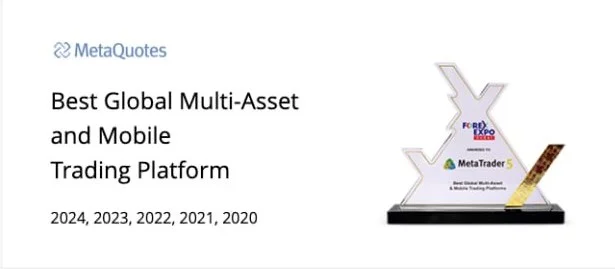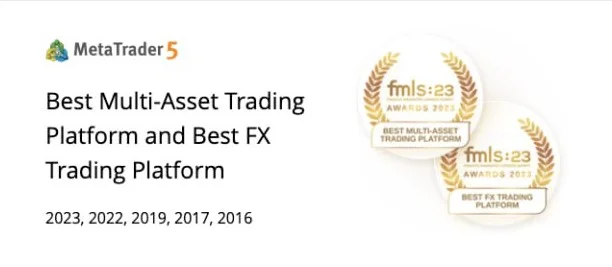When two people go to war, the foolish man always rushes blindly into battle without a plan, much like a starving man at his favorite buffet spot.
The wise man, on the other hand, will always get a situation report first to know the surrounding conditions that could affect how the battle plays out.

Like in warfare, we must also get a situation report on the trading environment. This means we need to know what kind of market environment we are actually in.
Some forex traders cry saying that their system sucks.

Sometimes the system does in fact…suck.
Other times, the system is potentially profitable, but it is being utilized in the wrong trading environment.
Seasoned forex traders try to figure out the appropriate strategy for the current market environment they are trading in.
Is it time to bust out those Fibs and look for retracements? Or are ranges holding?
Just as the coach comes up with different plays for particular situations or opponents, you should also be able to decide which strategy to use depending on the trading environment.
By knowing what market environment we are trading in, we can choose a trend-based strategy in a trending market or a range-bound strategy in a ranging market.
Are you worried about not getting to use your beastly range-bound strategy? How about your Bring-Home-Da-Bacon trend-based system?
Have no fear!
The forex market provides many trending and ranging opportunities across different time frames wherein these strategies can be implemented.
By knowing which strategies are appropriate, you will find it easier to figure out which indicators to pull out from your forex toolbox.
For instance, Fibs and trend lines are useful in trending markets while pivot points, support and resistance levels are helpful when the market is ranging.
Before spotting those opportunities, you have to be able to determine the trading environment.
The state of the market can be classified into three scenarios:
- Trending up
- Trending down
- Ranging


